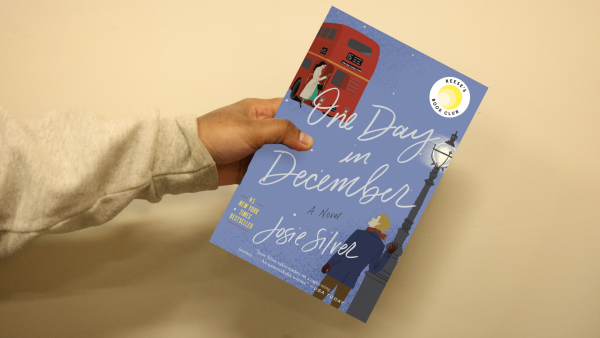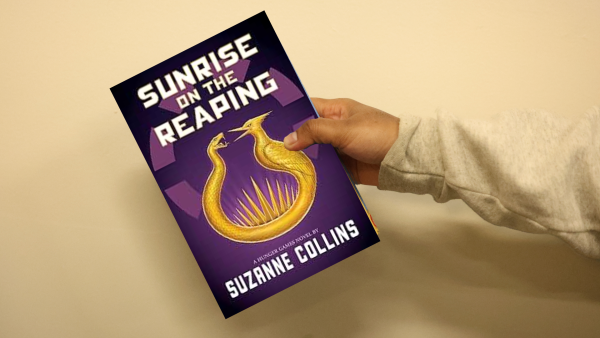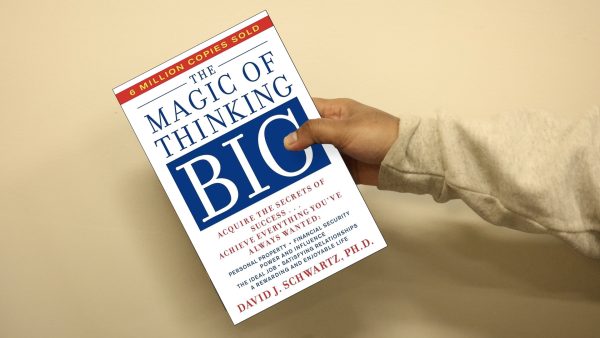“Such a Fun Age” Perfectly Accompanies the Conversation about Performative Activism
“Such a Fun Age” asks readers to reflect on their internal biases, all while diving deep into the human subconscious as a whole. (Picture courtesy of Twitter).
The novel “Such a Fun Age” was extremely uncomfortable, yet impossible to put down, as it called out my own performative activism as a white liberal woman.
“Such a Fun Age,” Kiley Reid’s debut novel, was released in Dec. 2019. The book centers around two women, Emira, a young Black woman and Alix, the white woman Emira babysits for. The chapters alternate between the perspectives of each woman, allowing the reader into two different minds. Throughout the novel, Alix tirelessly pursues “wokeness,” the perceived awareness of social justice issues, particularly in regards to racial justice. Alix is not a likeable character, yet I still related to her (often egocentric) mission to be perceived as not racist. In one particularly poignant moment, Alix dreams about the moment when Emira will discover that one of Alix’s closest friends is Black. Of course as I read the novel I was annoyed with how ridiculous that was, the fact the Alix has a Black friend does not automatically make her not racist. However, as I stewed over this scene in the book, I began to relate it to my own experience with performative activism, particularly on social media.
In the wake of the Black Lives Matter movement, posting social justice related content on social media has become trendier than ever before. My Instagram feed is consistently inundated with reposts of colorful slideshows filled with cute infographics from questionable sources. While social media can be a powerful tool to spread awareness and information quickly, it can also be a far too easy way to cross “social justice” off your to-do list. Similarly, owning and displaying merchandise with slogans like “don’t be racist” or pictures of famous liberal politicians have become a popular way to show that you are not racist. When we post on social media or wear this merchandise, it ends up being less about the actual cause and more about showing that we support it.
“Such a Fun Age” forced me to acknowledge that as much as I disliked Alix as a character, I am her in some ways. Throughout the story Alix is unnecessarily transparent about her political views and practically forces it down the reader’s throat that she is woke. It becomes annoying how desperately she tries to prove herself. Yet, it pushed me to wonder: are Alix’s thoughts and actions really any different from the Democrat donkey sticker I have on my laptop or the Black Lives Matter infographic I reposted? This book is a good reminder that being anti-racist and appearing anti-racist are two very different things.
“Such a Fun Age” has many layers, but Alix’s character is really what struck me the most. It was uncomfortable to read the chapters from her perspective because they pointed to the problem of performative activism, and forced me to confront my participation in it. “Such a Fun Age” is a fantastic read that allows readers to deeply dive into the minds of the characters but also forces them to dive back into their own minds.

Ava Erickson is a senior from Denver. Her passion for writing and language led her to double major in journalism and Spanish studies. She began working...













































































































































































































